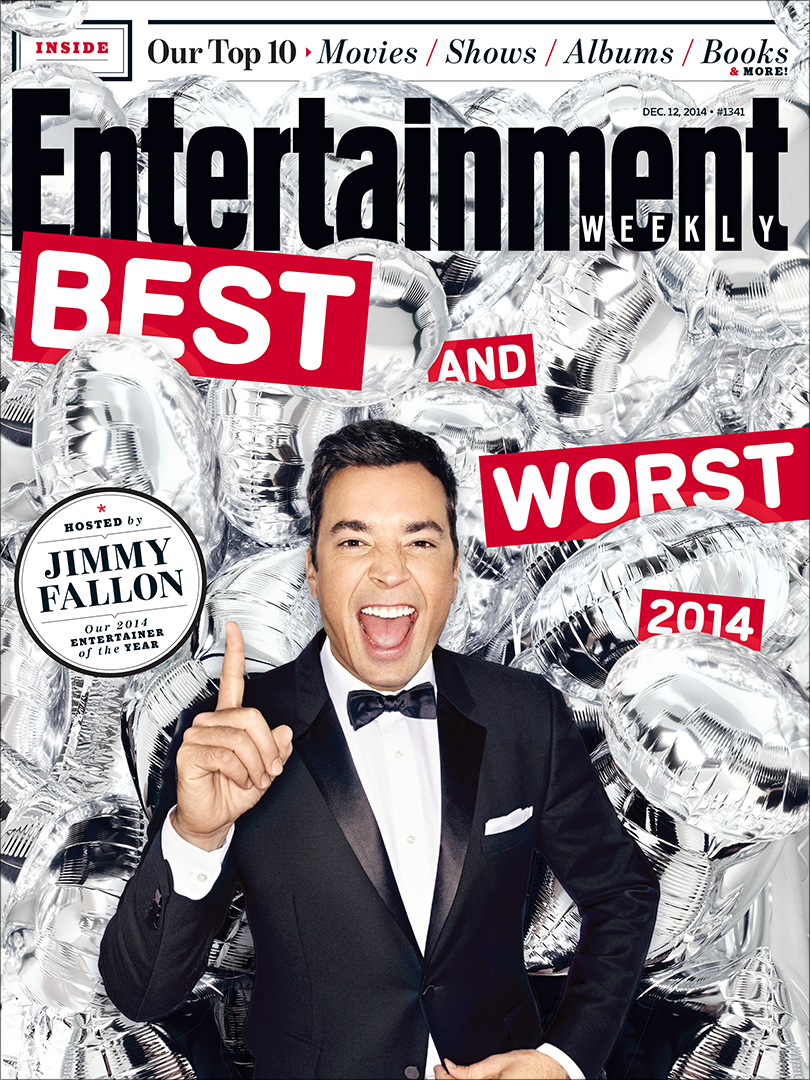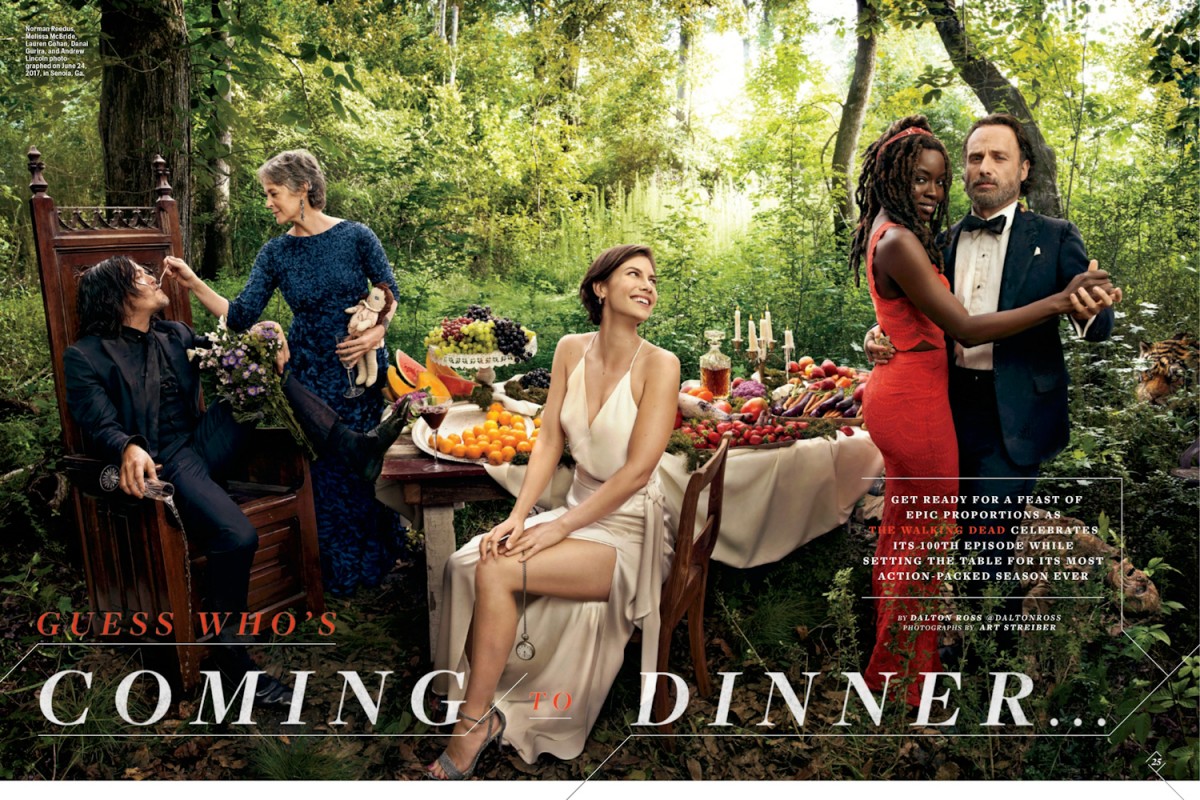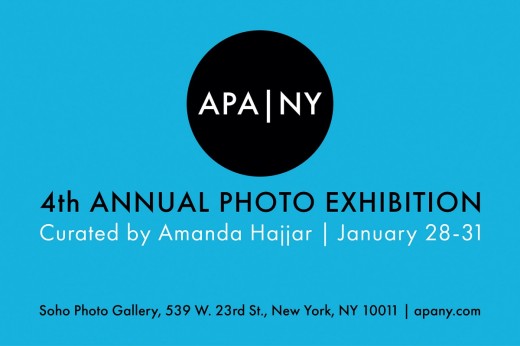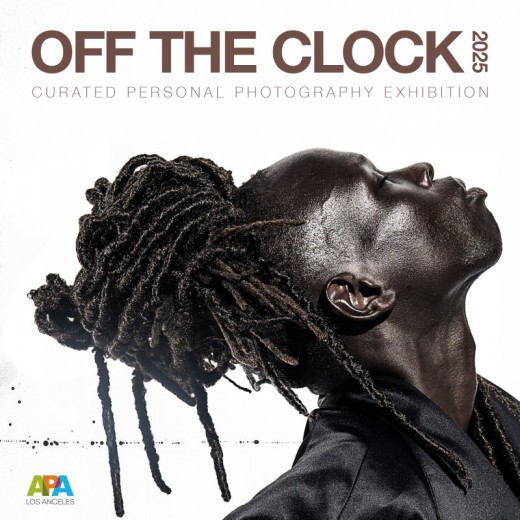In Conversation with Art Streiber
An Interview by Space For Arts
Art Streiber’s photographs are not just unique or interesting. They are portals to other worlds, other times – where familiar faces are found in curious circumstances. Art specializes in reportage, portraiture, corporate, entertainment and advertising projects. His editorial clients have included Vanity Fair, Entertainment Weekly, Wired, New York, Fortune, ESPN, GQ and The New York Times Magazine. He has been named to American Photo Magazine’s list of “The 100 Most Important People in Photography,” and was presented with the Pacific Design Center’s “Star of Design” Award for Photography. Space for Arts was fortunate to have the chance to interview him about his work, motivations, and expectations of studio space.
What motivates you to attend events for photographers and be open with your knowledge and experience?
I’m a big believer in the photographic community and supporting that community. Photographers have always been competitive, keeping their cards close to their chest. But at least in the pre-digital days, you’d run into each other at the lab or the rental equipment house and there was a sense of community amongst competitors. In the digital world, after the shoot is over, photographers return to their apartment, home or studio and are left to their own devices. We have become islands unto ourselves, with very little sense of connection to other photographers. Now, attending photography events, openings and workshops is my way of reinforcing that sense of community.
Regarding sharing my knowledge and experience, in the world of professional photography there’s no trade school, there’s no union, there’s no weekly newsletter on the “how-to’s” and the “where should I’s” and the “how should I’s.” There are fundamental, basic questions about how to operate your photography business, how to problem solve that aren’t taught in photo school or that aren’t answered if you’re an assistant and attempting to emerge as a photographer.
When I was coming up and I had questions, I reached out to other professionals and got answers and now, I want to pass along any help I can give. I want to pay it forward. And regardless of the number of questions that I answer, the photographer with whom I’m sharing my experience or giving my advice still has to make act on my advice on his or her own way, making their own logistical or aesthetic decisions.
So while I’m being open and helpful, I’m not threatened because I know that sharing my experience is the right thing to do. Over the years, my photographic assistants have gone on to be photographers in their own right and have even been awarded jobs I was up for, but my career hasn’t suffered. I’m still working, still finding new clients and still happy to help.
You’ve spoken about changes in Hollywood during your time as a photographer, but how has social media changed the nature of photography?
It has changed in all kinds of ways. Literally everyone with a phone has the opportunity to make very interesting photos. It’s given a visual “voice” to photographers and aspiring photographers and given opportunities to all kinds of people. It’s incredibly beneficial but it’s also detrimental.
It’s one of the contributing factors to pushing down a lot of photographic budgets. And it’s created a new market for “Instagram only” productions, which I was just talking about earlier today. Just because the end us is Instagram, doesn’t mean the production costs are any less.
Back to what I was saying earlier, it was one thing (years ago) to run into someone at the lab and see what a few people were up to, but following all other photographers and seeing their work every day? It can be fairly easy to get bummed that you are not doing that work. It’s the “Instagram Effect;” everyone else’s life looks amazing and fabulous, except we’re not talking about vacation envy. We’re talking about professional envy.
Follow up question, does that happen to you?
Oh yeah, no question! I get sucked into Instragram like the best of them. I get sucked into vintage photos, sucked into photojournalism, into the National Geographic feed, the ESPN feed. You have to be very careful. There was actually an article in the New York Times about how detaching oneself from social media has become a growth industry and how there are now programs and software and an app to help you get un-attached.

©Art Streiber
What is the best advice you’ve ever received?
To be honest I haven’t gotten a lot of great advice. At the beginning of my career I had three mentor / naysayers who each told me not to pursue a career in professional photography.So when I was coming up as a photographer, I stopped reaching out for career advice and instead only asked questions that helped me solve technical or logistical problems.
But…if I’m honest, the two best pieces of advice I ever received came from two friends of mine who used to assist me – and one might not be printable. One of my assistants, at the end of every shoot, would ask me, “so did you have fun today?” We are so lucky to be doing this work and we’ve all got to keep that in mind…we get to have fun doing our jobs.
The unprintable advice came from a very close photographer friend of mine who used to assist me whose words of wisdom about lighting were to “fuck it up.” Put the light somewhere you wouldn’t think to put the light. Don’t play it safe. Push yourself.
Are you following that advice?
I’m trying to do both! It’s getting easier and easier to remember to have fun. It’s harder with the demands associated with the job – the downward pressure on time, the downward pressure on budget, and the upward demands for more imagery, more assets for more platforms – and…I need to remember to fuck it up.
What’s it like seeing your work on billboards and covers? Is it still a thrill?
Yes! That will never get old and if and when it does, that’s when I’ll know it’s time to get out. Driving down Sunset Boulevard and seeing billboards of my work on a movie or television project is still very exciting.
I’m still psyched for every shoot and project, for the nuances and differences. Even if a shoot seems like it would be similar to a previous shoot, no two shoots are the same.
How does studio space affect your work?
It is absolutely one of the defining parameters of the job. Every job comes with it’s own set of logistical hurdles, problems, and issues and aesthetic hurdles, problems, and issues. Solving all of those problems, getting over all of those hurdles (in order to create great imagery) is essential. The studio can either solve some of our issues or (inadvertently) create issues for us to deal with.
Two days ago we were at Helms Daylight Studio because we needed daylight. Helms Daylight has fantastic natural light but we really had to control it. They had north-facing windows, east-facing windows, and skylights and so we really had to manipulate and control all that daylight. I thought it’d be a walk in the park but it wasn’t. Yesterday we were at Studios 60 and the logistical problem was that there was no air conditioning and the temperature crept into the nineties.
Every space has its pros and cons…whether it’s size, shape, ceiling height, parking, where to put the gear (and easy access to more gear if necessary), hair and makeup space, whatever. Finding the right studio is just one of many things that we factor into every project.
What is your favorite type of space to shoot in?
It is totally job dependent. What is the right space, the right part of town, the right crew, the right set designer, the right wardrobe?
The truth is that two years ago we lost 30% of the photo studios in Los Angeles: 5th and Sunset, Pier 59 and Siren all closed. While we might have gained back some studios with places like Line 204 embracing still photography, in the age of streaming services creating more content and therefore, needing more shoots, studios and stages are hard to come by.
We have a job on the calendar for the end of September and all of the stages and studios we reached out to were already on hold. And I’m told in New York it’s the same thing…there are just fewer stages.
My Executive Producer and I were just looking for a studio in New York and reached out to a space we had worked in three years ago and it was closed. Booking the studio is one of the first things we do…actually, it’s the first thing we do. We immediately call and try to put places on hold. We know it’s going to be a fight and there’s often not a lot of time. Searching for a studio a month out is rare; quite often we get a call on a Wednesday or a Thursday asking, “can you shoot on Monday?”
But we have a saying in our office… “You’ll never see it on the page.” Regardless of how stressful the project is, you’ll never see that stress on the page. We do a lot of homework here, a lot of research and a lot of scouting. We do our aesthetic research and we do our logistical homework. Some shoots are quite difficult, but our job is for the photos to look fantastic regardless of what it took to get there.
What do you do when you walk into a new studio? What do you depend on?
You know I scouted a studio today that I haven’t shot at in years. Since I’d been there last they have really up’d their game and the facility was fantastic. But I haven’t been there in 13 years and it’s a regular working stage and for some reason, just luck of the draw, we’re shooting there next week.
I’m looking at parking, access. How big are the barn doors? Where is the power and how much power is there? But first and foremost is size. Is this place going to do everything we need it to do?
And in LA, one of the major deciding factors is what part of town the talent needs to be in. It’s the publicist saying, “she needs to be in Hollywood” or, “he needs to be on the west side.” So geography becomes a major consideration.
If you weren’t a photographer what would you want a career in?
Fortunately, knock on wood, I haven’t had to broach that possibility, but I have thought about it. I think I would love to have been a chef. I love the idea of a process (cooking) yielding a fantastic outcome (a delicious meal).
If you had to plan a photo shoot for Michele and yourself, what would you do?
I’d be as helpful as I could to the photographer and producer. I’d be willing to dive into whatever they had in mind up to a certain point. For example, if they wanted us in a bathtub, I’d have to think long and hard about their creative mission. But if they said we want you guys on a rooftop, I’d be game.

©Art Streiber
Cover Photo ©Art Streiber



